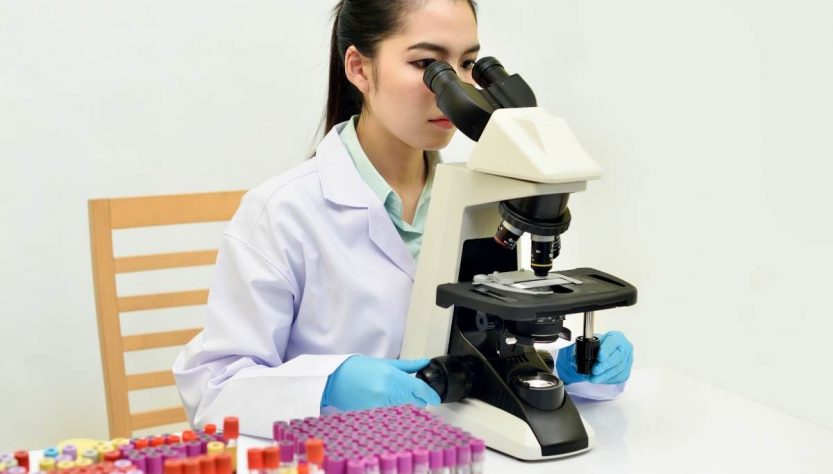Medical technologists are highly skilled health professionals who analyze blood, body fluids and tissue samples. They play a vital role in the diagnosis and treatment of patients by providing accurate laboratory results.
Some of the medical technologist’s responsibilities include:
- Operating and maintaining the equipment used to analyze specimens
- Ensuring that tests are completed in a correct and timely manner
- Interpreting test results and providing information to physicians and other healthcare professionals
- Maintaining quality control of laboratory procedures
- Supervising and training other medical laboratories personnel
Medical technologists perform quality control checks on specimens and troubleshoot problems with equipment or procedures. In some cases, medical technologists may be responsible for training other laboratory personnel.
The duties of a medical technologist vary depending on the specific area of the laboratory in which they work. However, all medical technologists must have a strong understanding of laboratory techniques and procedures, as well as a keen eye for detail.
Work Places
Medical technologists typically work in hospital laboratories, although they may also work in private clinics, blood banks or research facilities. They often work on weekends, nights or holidays depending on the needs of their employer.
Education and Training
Most medical technologists have at least a bachelor’s degree in medical technology or a related field. Some positions may require certification by a professional organization such as the American Society for Clinical Pathology.
Job Outlook
The job outlook for medical technologists is positive, with an expected growth rate of 14 percent from 2016 to 2026. This growth is due in part to the aging population, which will require more diagnostic testing. advances in medical technology will also lead to new job opportunities for medical technologists.
Reasons to Become a Medical Technologist
There are many reasons why you might want to become a medical technologist. Here are just a few:
- You will have the opportunity to help people every day.
- You will use cutting-edge technology in your work.
- You will be able to work in a variety of settings, such as hospitals, clinics, and laboratories.
- You will have the chance to specialize in a particular area of medical technology, such as blood banking or cancer detection.
- You will be able to work independently or as part of a team.
- You will receive comprehensive training in all aspects of medical technology.
- You will be able to find employment in many parts of the world.
- You will be able to advance your career by pursuing additional education and training.
Conclusion
A career as a medical technologist can be both rewarding and challenging. If you are interested in helping others and using cutting-edge technology, then a career in medical technology may be right for you.

